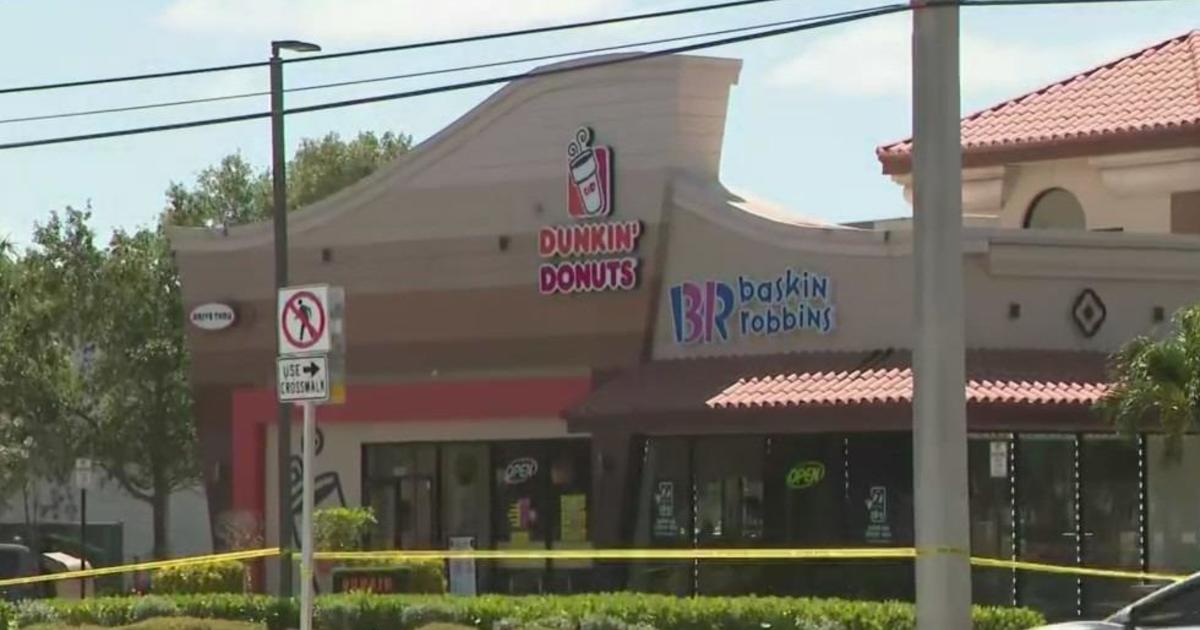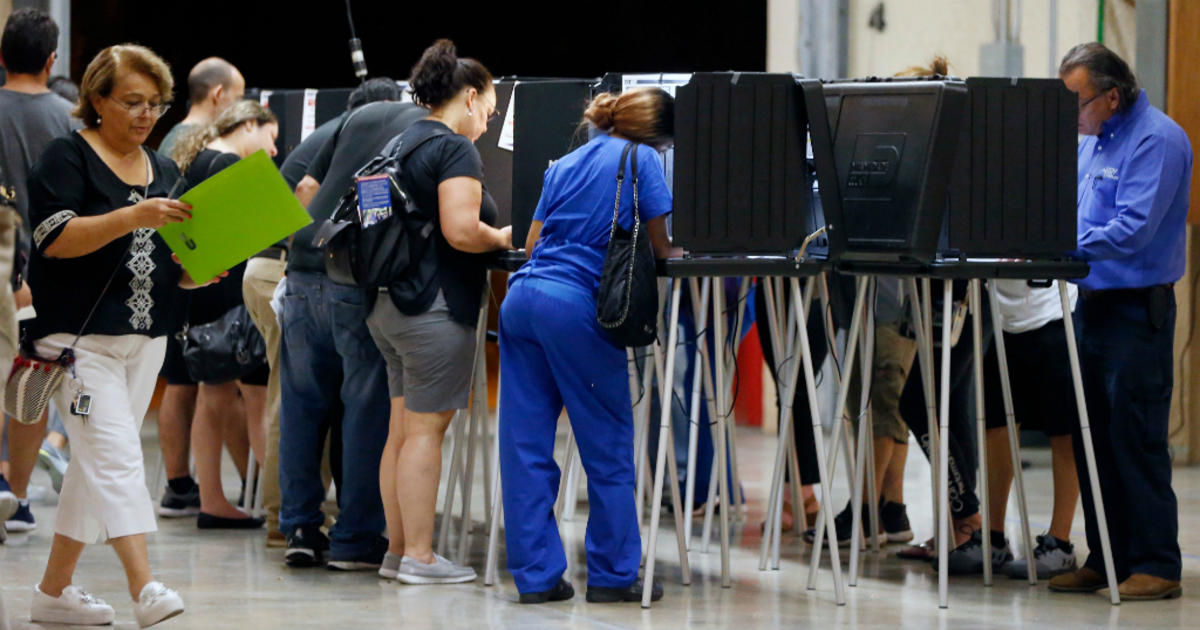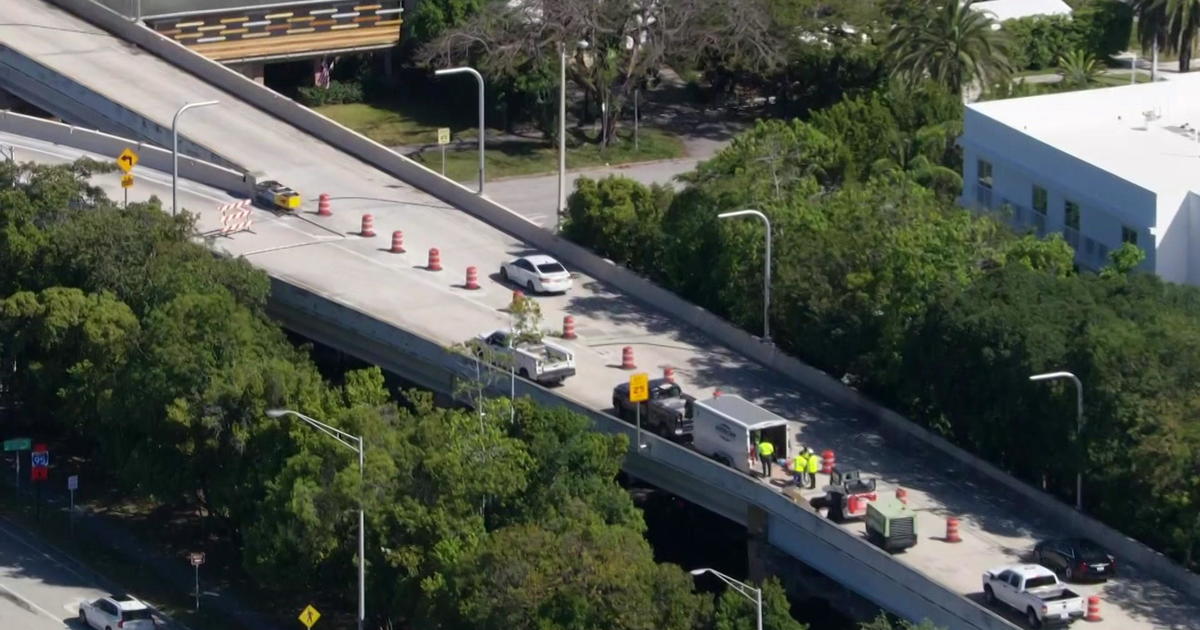Auto Emissions Fell 20% In 5 Years

This week, we received a press release from the University of Michigan with a stunning subject line: "Emissions from new vehicles down a record 20% in five years".
"Okay", we thought, as we opened the email, "what's the catch?"
As it turns out, that's a little complicated.
Researchers at the University's Transportation Research Institute track a lot of statistics. For example, they keep tabs on fuel economy of new cars sold in the U.S., and they always let us know whether it's rising or falling. (Note: it's currently on the rise, but as fuel prices fall, that may change.)
UMTRI also tracks the emissions of new cars sold, and, just as the press release said, emissions have indeed fallen by 20% since 2007, when UMTRI began recording data.
Which, on the surface, is exactly the sort of thing that gives us reason to get out of bed in the morning. But then we look a little closer at the numbers, and we think about crawling back under the covers.
Can emissions keep falling?
Earlier this month, there was a lot of talk about carbon emissions -- specifically, the fact that America's CO2 emissions have reached a 20-year low. Much of that drop is attributed to power plants switching from coal to cleaner natural gas. However, there are other factors to consider, including the stop-start economy and the mild winter that much of America saw last year, both of which cut down on energy consumption. Less energy consumption means less energy production, which means fewer CO2 emissions.
But assuming that the U.S. economy recovers (and assuming we have cold winters now and again), emissions could climb again. And those stats don't even begin to address CO2 emissions from other countries on the planet.
Could the improvement in auto emissions be just as precarious? If you look at the chart above, the green line indicates emissions from new vehicles, the red line correlates with fuel economy, and the blue line is distance driven.
What gives us pause is the fact that those lines often move in sync with one another. So, when miles-traveled and fuel consumption both fall, so do emissions. That's troubling because vehicular travel has been at historic lows. As the U.S. economy improves (and today's employment data indicates it is, slowly), road travel is likely to grow. And as that happens, vehicular emissions are almost certain to rise.
There are, however, a couple of bright spots on UMTRI's chart. For example, right around October of 2009, fuel economy improved fairly dramatically and emissions plummeted in direct correlation, even while vehicular travel remained unchanged.
As such, there seem to be at least four factors that could impede improvements in U.S. auto emissions:
- An improving U.S. economy: A better economy means more work and more jobs, which -- until everyone telecommutes -- almost certainly means more road travel and more emissions.
- A worsening U.S. economy: Financial troubles could also spell problems, forcing drivers to keep their old vehicles rather than trading up for ones with better fuel economy (unless, of course, the feds roll out another Cash-for-Clunkers program).
- Cheaper gas: When gas is inexpensive, shoppers aren't as concerned about fuel economy, and drivers are often more willing to travel longer distances. That creates the potential for a double-whammy on the emissions front.
- Political efforts to roll back fuel-efficiency improvements: This is perhaps the biggest obstacle to lowering U.S. auto emissions, since it rests in the hands of a few easily swayed politicians, not a bulky, complex economy. Even though consumers say that good fuel-efficiency remains hugely attractive -- especially in light of high gas prices -- we could envision a future administration taking on tasks like 86ing the current CAFE standards set for 2025.
But maybe we're being overly pessimistic. Maybe fuel economy for new cars will continue to increase, regardless of federal regulations, and maybe Americans will continue to drive less, regardless of the economy. Feel free to brighten (or darken) our day in the comments below.
—————————————————
This article originally appeared on Green Car Reports.



